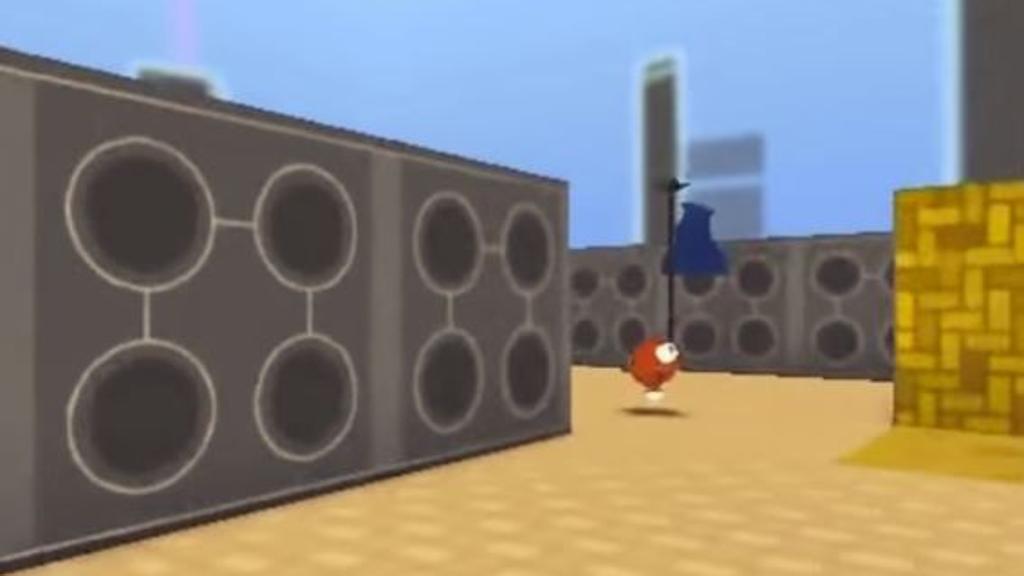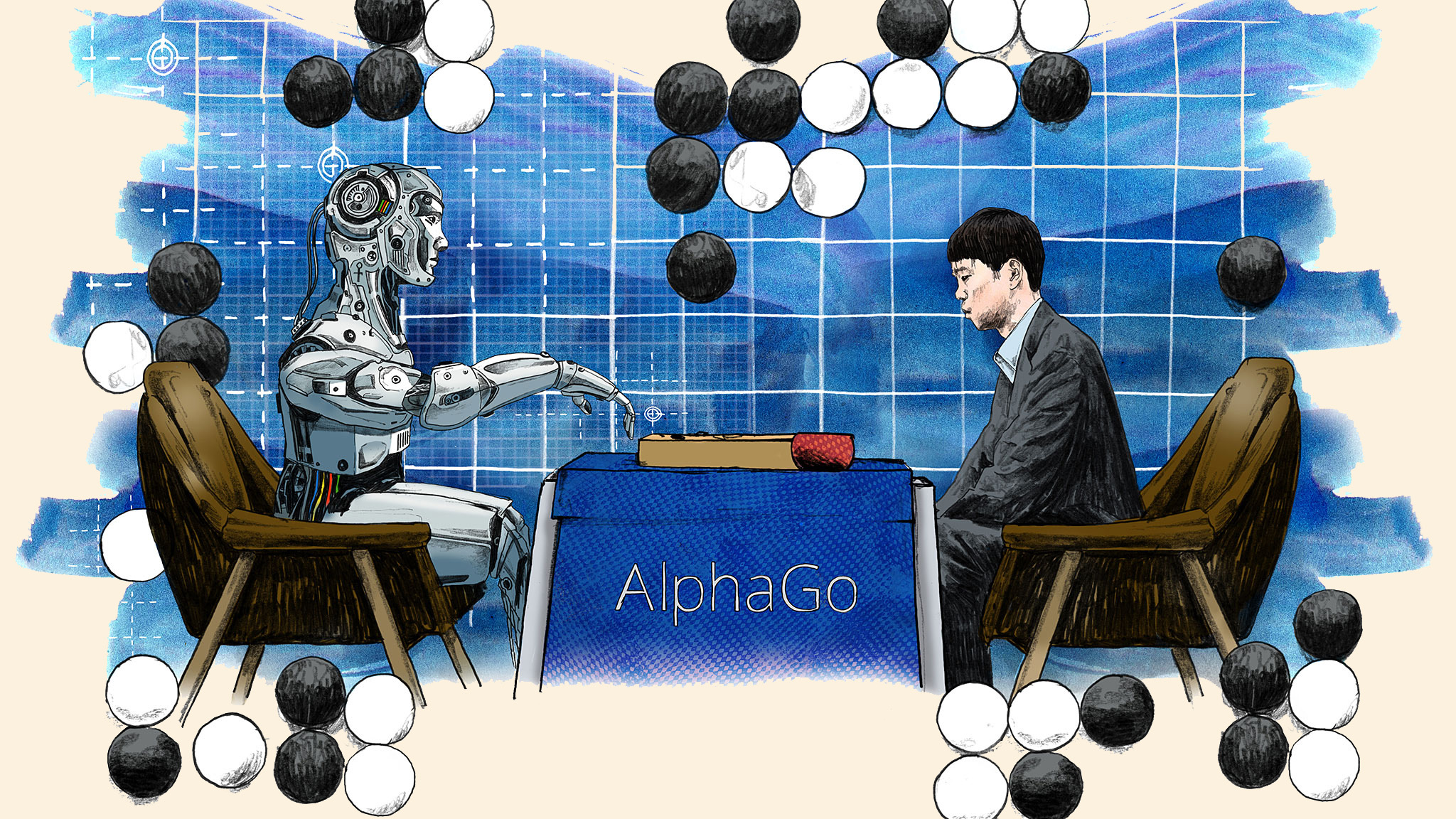The big fear about the artificial intelligence is that it can become much more intelligent than us, without keep, by the way the human principles. Mathematically and analytically the artificial intelligence is without any doubt incredible faster, but the speed isn’t always synonym of intelligence.
Anyway there is an extremely relevant element and it is the computing capacity. The AI while put in front of a decision is able to examinate all the possibilities in a short time. This means that the human won’t never be able to beat it, or maybe yes?
During the years the artificial intelligence challenged the human at his own games and it beated him. After beat him at chess and poker now it’s the time of the videogames.
The artificial intelligence of Google Deepmind
The system Google Deepmind is an AI able to learn by itself. It knows only the basic rules and it learn while playing against itself, until becoming a champion.
It’s been presented on the magazine Science by the project’s coordinator Max Jaderberg that told even about the challenge between the artificial intelligence and the human being at the 3D game “Capture the flag”.

The kind of learning used by the artificial players is the backup learning, which allows them to move like a single player in highly complex environments, until to reach the same levels of the best human players. But this kind of learning doesn’t allow them to excel in the multiplayer, at least until now.
The artificial intelligence of the Jaderberg’s team, instead, was able to reach the human levels even in the multiplayer right in the 3D videogame Catch the flag.
The AI learnt and improved itself, by making really high game’s strategies and reaching the same skills, or even passing them, of the human players. All of it, therefore, by slowing down the reaction times to human levels. By avoiding, so, the advantage of the artificial high computing speed.
The previous challenges
The one to the videogames anyway is just the last big defeat suffered by the human being. In the past, infact, other challenges were tested, by finishing to crown the artificial intelligence.
In the 1997, still in its dawn, the artificial intelligence, through Deep Blue of the IBM beated the human being at chess. And not an ordinary man, but the chess’ world champion Garry Kasparov. In this occasion the IBM’s computer became famous and even the most skeptics started to feel the potentialities of the still unknown AI.
But let’s come back to more recent times: in the 2016, AlphaGo, again by the Google Deepmind, challenged one of the world’s champion of Go, the chinese ancient table game. Go is considered one of the hardest table games in the world, with an infinite number of moves and an element which should be essential: the intuition. AlphaGo beated the world champion 4 to 1.
The poker
Finally, the artificial intelligence challenged the human at poker, many times and it always won. In the 2017 Libratus, of the university Carnegie Mellon, attended a poker tournament 20 days long and it won, by beating 4 between the best poker’s players in the world.

Finally even DeepStack playes poker, at Texas Hold’em, which is considered the most complicated variant. Deepstack is the artificial intelligence of the university of Alberta, realized between Canada and Czech Republic. The researchers challenged the human being and, needless to say, Deepstack won.
The results of the challenges between Artificial Intelligence and human
By the way no one never reached the same amazing results obtained by Deepmind in its last videogames’ challenge. The artificial intelligence learnt by the matches played by starting to create complex strategies at the same level of an expert human player.
But the most astonishing thing happened at the moment of the real challenge. The teams were mix, humans and not. The artificial players learnt to cooperate, not only between them, but even with the human players in their team.
It’s really incredible what the artificial intelligence is able to do and after all it still leaves us, all the times, amazed.
This post is also available in:

